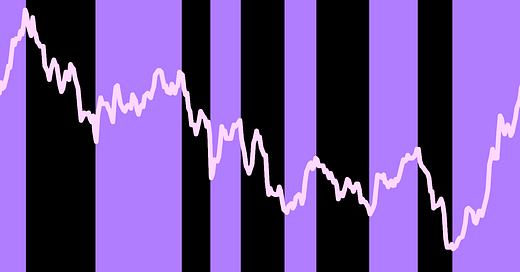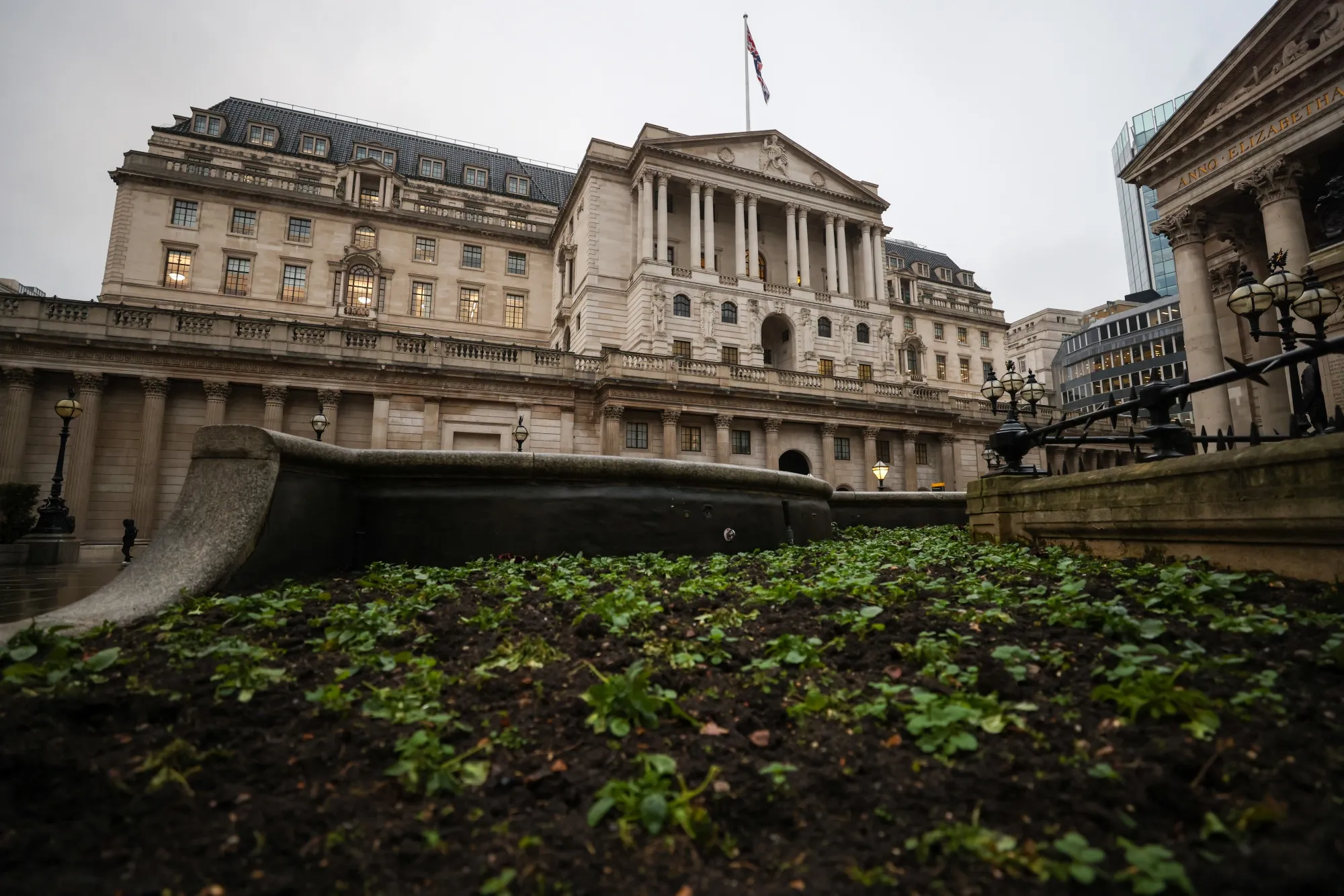Will Higher Interest Rates Doom Stocks? Not Necessarily
Higher interest rates often trigger fears of a market downturn, but historical data suggests otherwise. While some sectors face challenges, others thrive in a high-rate environment. Investors should focus on strategic allocation rather than panic selling

Rising interest rates have historically been associated with stock market volatility, prompting fears of declining equity prices. Investors often worry that higher borrowing costs, reduced consumer spending, and tighter monetary policies will slow corporate growth and hurt stock valuations. However, history suggests that while rising rates pose challenges, they do not necessarily doom the stock market.
In fact, certain sectors benefit from higher interest rates, and stocks can still perform well under tighter financial conditions. The key for investors is to understand which industries thrive, how historical trends play out, and what strategies can help navigate this changing economic landscape.
1. The Federal Reserve’s Role in Interest Rates
The Federal Reserve (Fed) plays a central role in setting interest rates as part of its monetary policy to control inflation and economic growth. When inflation rises too quickly, the Fed increases interest rates to slow down borrowing and spending.
Higher rates make borrowing more expensive, affecting companies and consumers. Bond yields become more attractive, pulling investments away from equities. Sectors reliant on debt, like tech and real estate, often face headwinds.However, this does not mean that stock markets always decline when rates rise. The overall impact depends on economic conditions, corporate earnings, and investor sentiment.
2. Historical Market Performance During Rate Hikes
Looking at past rate-hike cycles, we see mixed results. Some market corrections have followed interest rate increases, but in many cases, stocks have continued to rise.
✅ 1980s-1990s: Despite multiple rate hikes, the stock market performed strongly due to robust economic growth. ✅ 2004-2006: The Fed raised rates 17 times, yet the S&P 500 still posted gains. ⚠️ 2015-2018: Gradual hikes initially led to strong stock performance, but late-cycle hikes contributed to a market downturn in 2018.
The takeaway? Stock market declines depend more on economic conditions than rate hikes alone. If growth remains strong, companies can absorb higher borrowing costs and continue expanding.
3. Which Sectors Are Most Affected?
Latest In Media & marketing
Banking Magazine

Meedaf Partners with InDebted to Expand UAE Operations
Investment

UK Fintechs Explore Acquiring US Banks to Accelerate Licensing
Finance

Visa Launches Visa Private in UAE for High-Net-Worth Clients
Money







